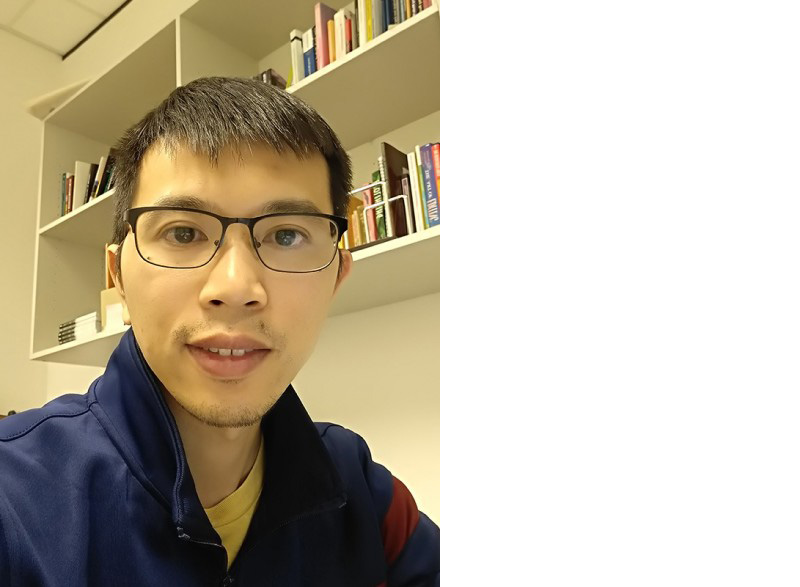Leo Huang — Constructing Environmental Protection and Risks:A Critical Discourse Analysis of Organic Food in China
The concept and meaning of “organic” food have been changing since its origins.
Content navigation
RegisterDescription

Constructing Environmental Protection and Risks:A Critical Discourse Analysis of Organic Food in China
The concept and meaning of “organic” food have been changing since its origins. On one hand, organic food signifies environment-friendly and health; on the other hand, its high price and certification system has raised a lot of doubt and criticism. By conducting critical discourse analysis of organic food news stories from three Chinese mainstream media, People’s Daily, Southern Weekly and Guokr.com, this study discovered four main frames of news coverage of organic food: industrial development, food safety, scientific accountability, and Natural best. This study also explored the discourse conflicts among multiple sources and social construction of this issue. Behind the popularity of organic food in China are environmental problems, distrust of the food safety system and counter to modernity.
Dr Leo Huang is an assistant professor at School of Language and Communication of Beijing Jiaotong University, China. He received his Ph.D degree on Journalism from Renmin University of China in 2013, and finished his postdoctoral research in the University of Chinese Academy of Sciences in 2015.
His current research mainly focus on Science, Health, and Environmental Communication, specifically to explore public’s attitudes and behaviors towards scientific and health issues and understand the information diffusion mechanism in social media, and investigate youth’s scientific education through various medium. His works are related to some important health and environmental issues in China, such as the H1N1 Flu, PM2.5, GMO Food, Tobacco control, et.al.
Leo is currently a visitor scholar at CPAS. During his visit he will do some research on the comparative study of science and technology museums between China and Australia, the scientific information seeking through social networkand how to evaluate the effect of scientific communication.
Location
CPAS Green Couch Room
Peter Baume Building 42A
Australian National University
Canberra, Australian Capital Territory 2601
